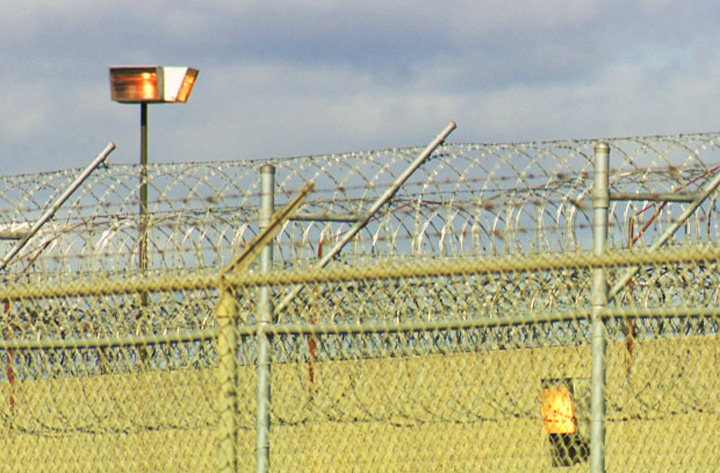SASKATOON – The president of the union that represents Canadian prison guards says they are not being properly trained to deal with inmates who have mental health issues.

Kevin Grabowsky of the Union of Canadian Correctional Officers says it’s a growing problem, pointing to the case of 43-year-old Marlene Carter.
She was recently sentenced to an additional two years at the Regional Psychiatric Centre in Saskatoon for 17 charges from assaults to peace officers and medical officials.
READ MORE: Court declares mentally ill female prisoner not a dangerous offender
Court was told that Carter spends 23 hours a day in solitary confinement strapped to a bed because otherwise she repeatedly bangs her head against the walls of her cell at a rate that can reach 150 times in a couple of minutes.
Officials with the Elizabeth Fry Society, a prisoner advocacy group, say Carter is severely mentally ill and needs to be moved to a more appropriate facility.

Get weekly health news
They say there are parallels to the case of Ashley Smith, the emotionally disturbed teenager who choked herself to death at a prison in Kingston, Ont., while her guards followed an order to stay out of her cell while she was still breathing.
Grabowsky supports the suggestion to move Carter to the St. Lawrence Valley Correctional and Treatment Centre in Brockville, Ont., saying guards at facilities like RPC simply haven’t been trained to deal with severely mentally ill inmates.
- Taylor Swift scam: Ontario woman facing charges in $70K worth of fake tickets
- Paul Bernardo victims’ families give emotional parole hearing statements
- Menendez Brothers: Judge delays decision on resentencing to January
- Second Cup at Montreal Jewish hospital shut down after antisemitic remarks, Nazi salute at rally
“None of us are medical professionals as correctional officers and certainly two days of training doesn’t do it,” he says. “Maybe there’s training that will help us deal with some of that and that’s the piece that’s missing.
“Correctional officers certainly don’t put Marlene Carter in restraints on their own, it’s prescribed, it comes from the mental health professionals that say ‘this is our treatment of how we’re going to stop her behaviour.’ It’s not correctional officers that say, ‘let’s put her in restraints.'”
Grabowsky says a joint judicial and health-care overhaul needs to happen.
“They need to start looking at who they are saying is criminally responsible and who is not criminally responsible and maybe review that throughout the sentence,” he says. “Because if these inmates, in our facilities, if they worsen much like Marlene Carter, there has to be an overhaul of how they look after the mentally ill in prison.”





Comments